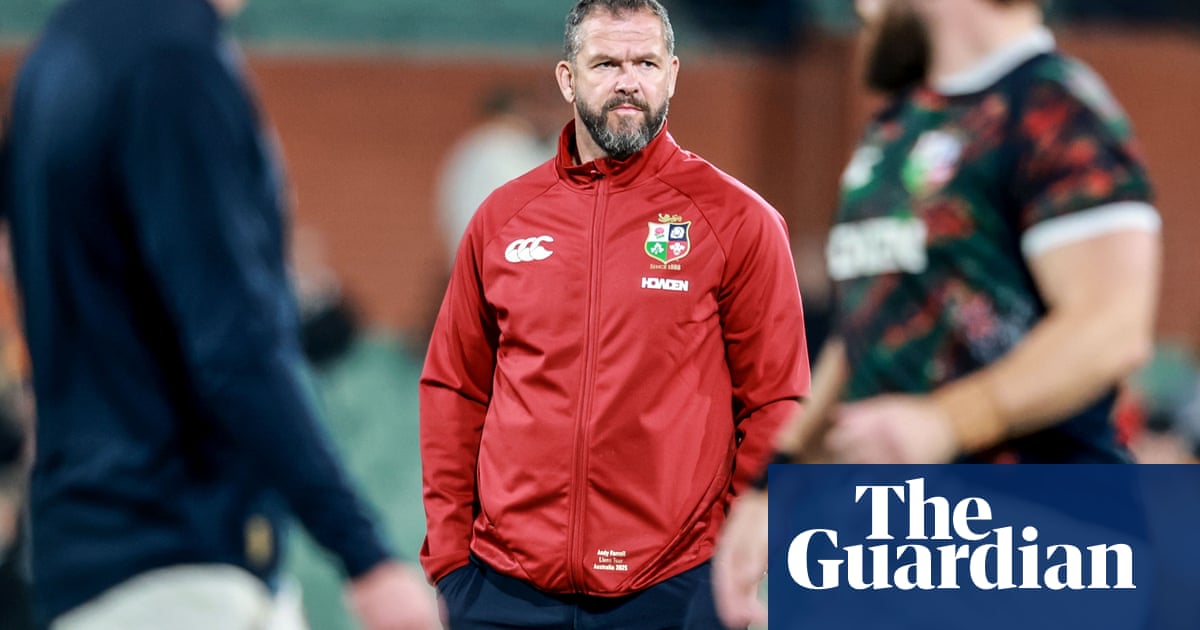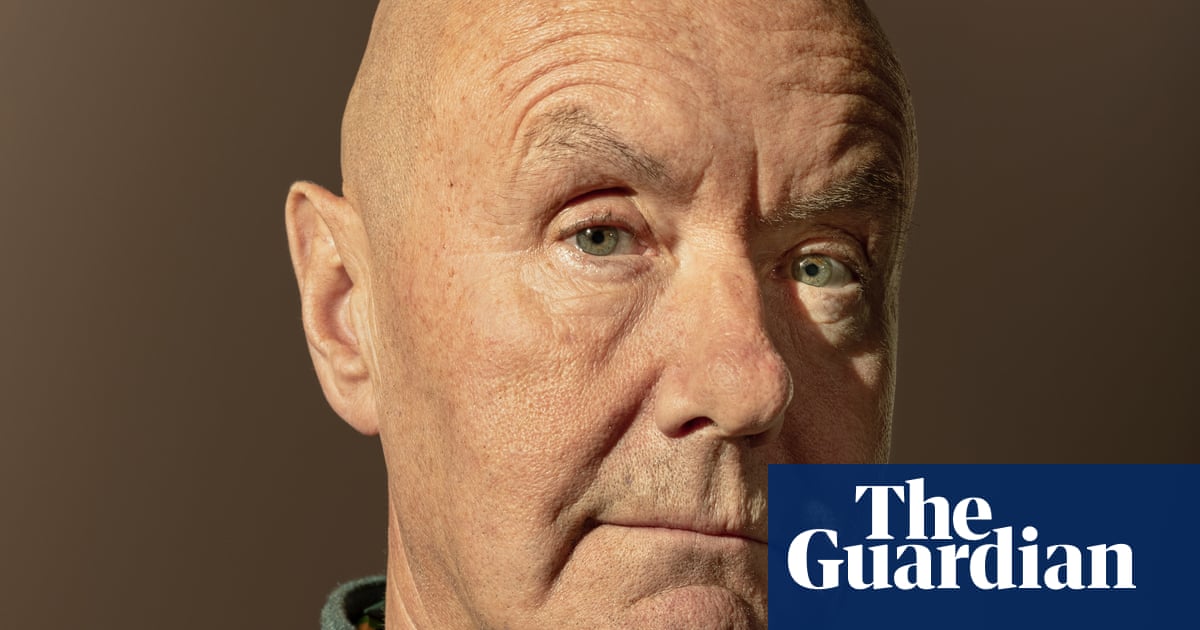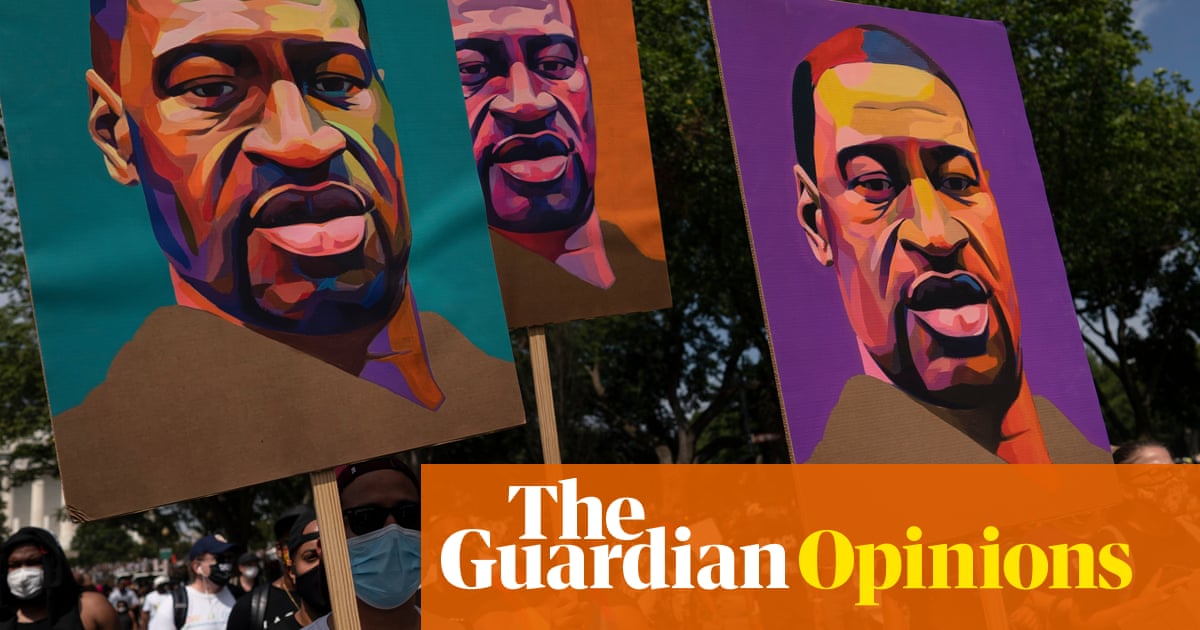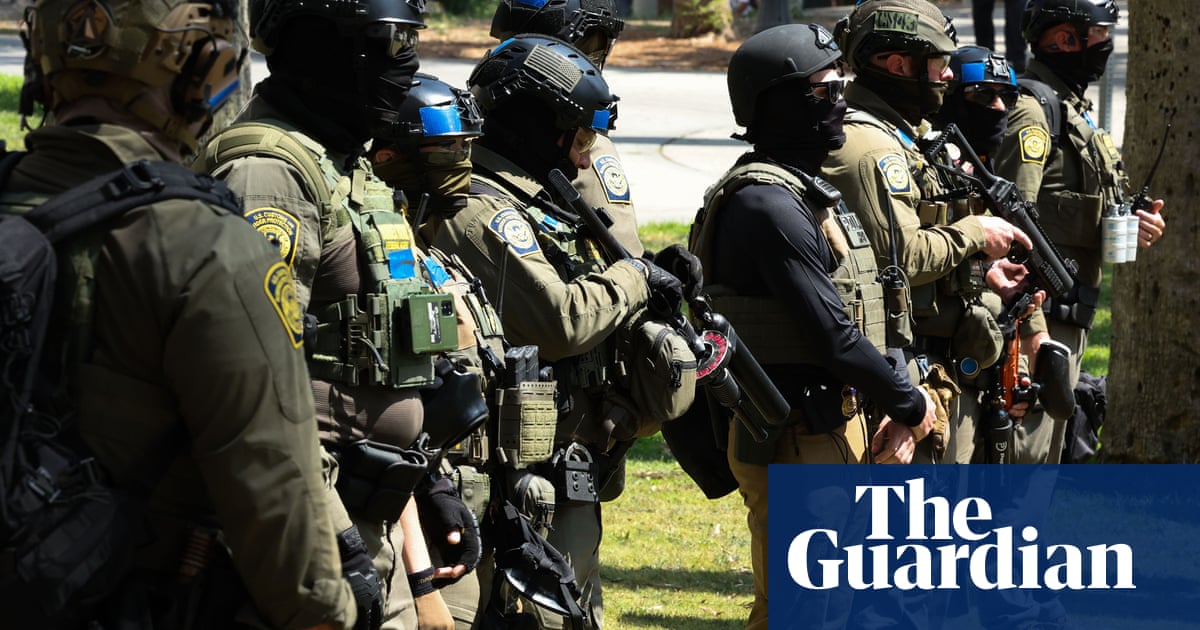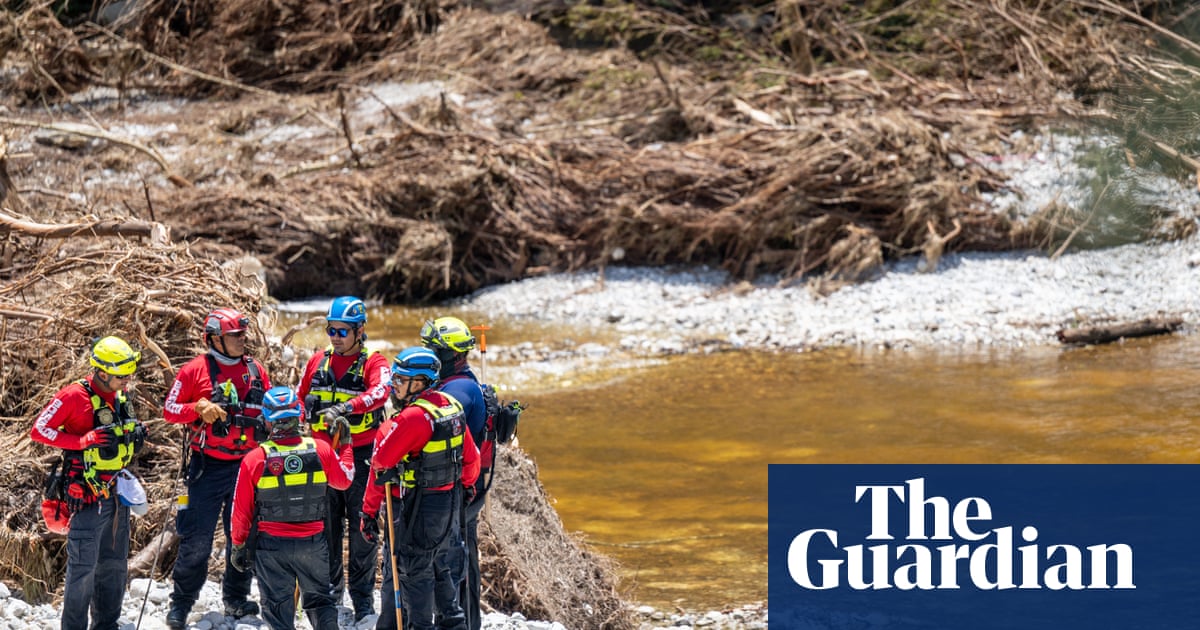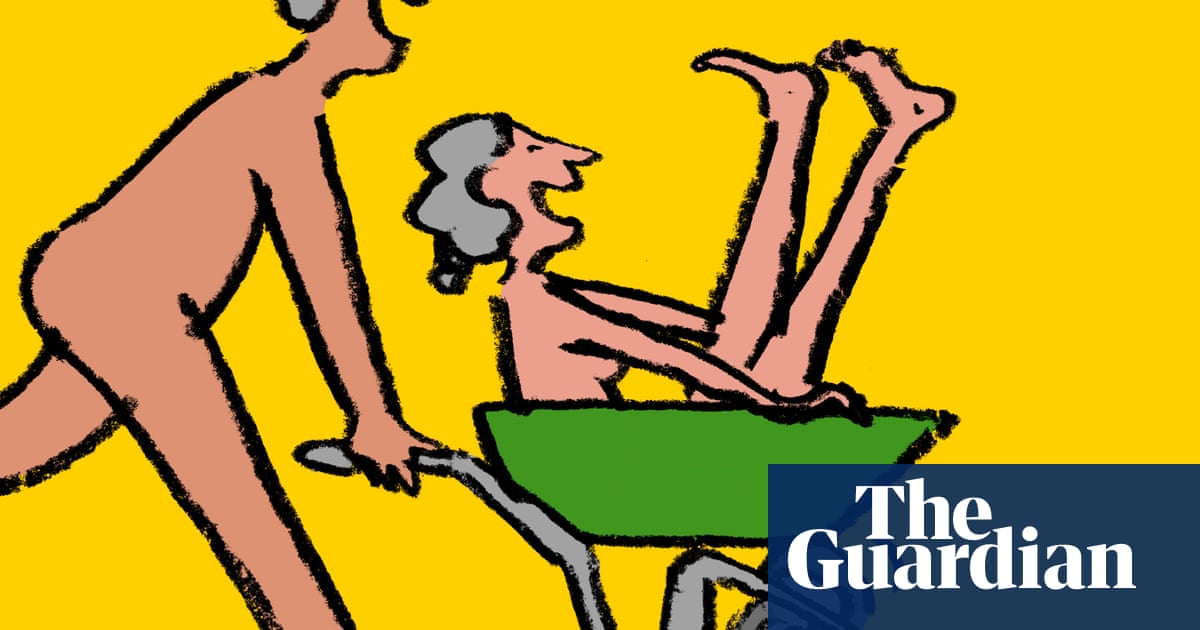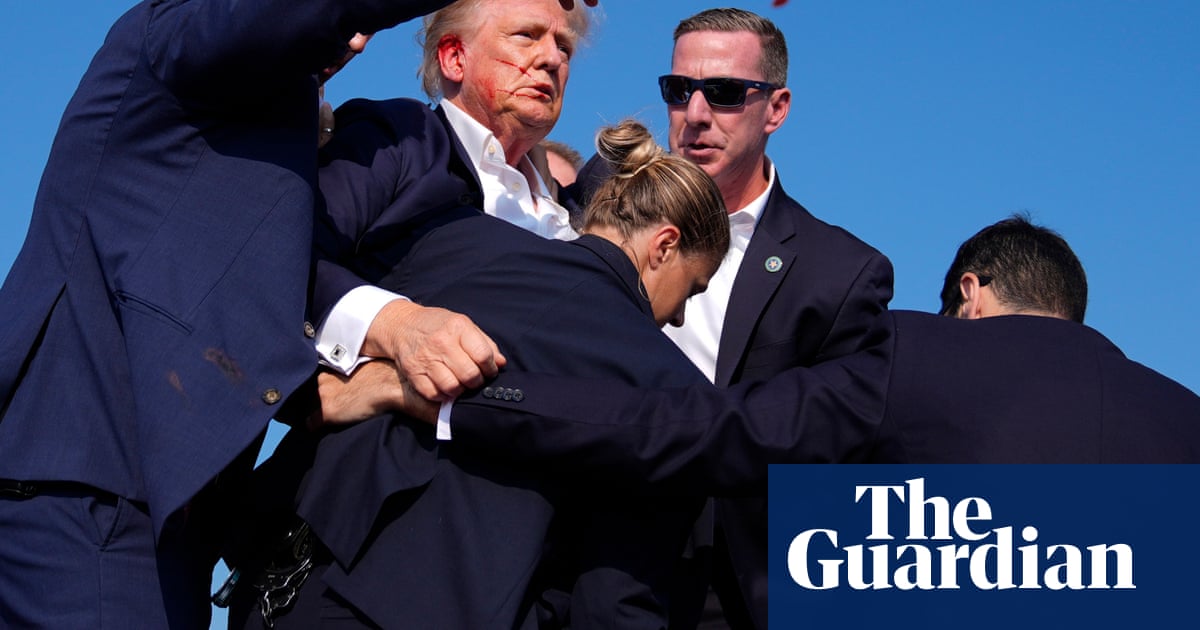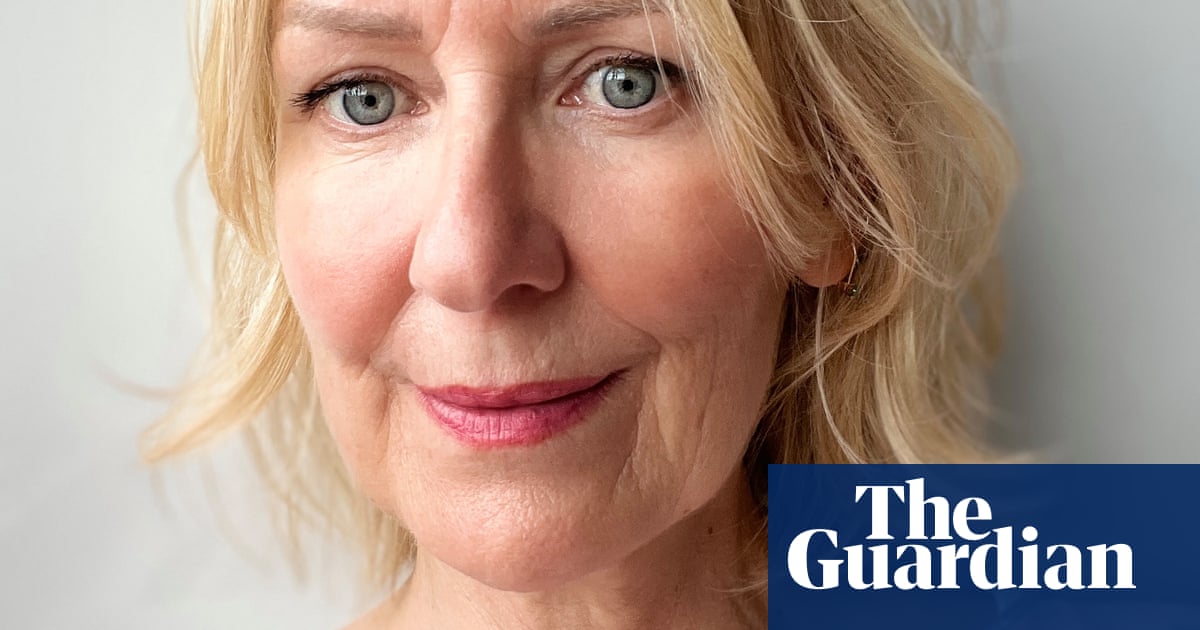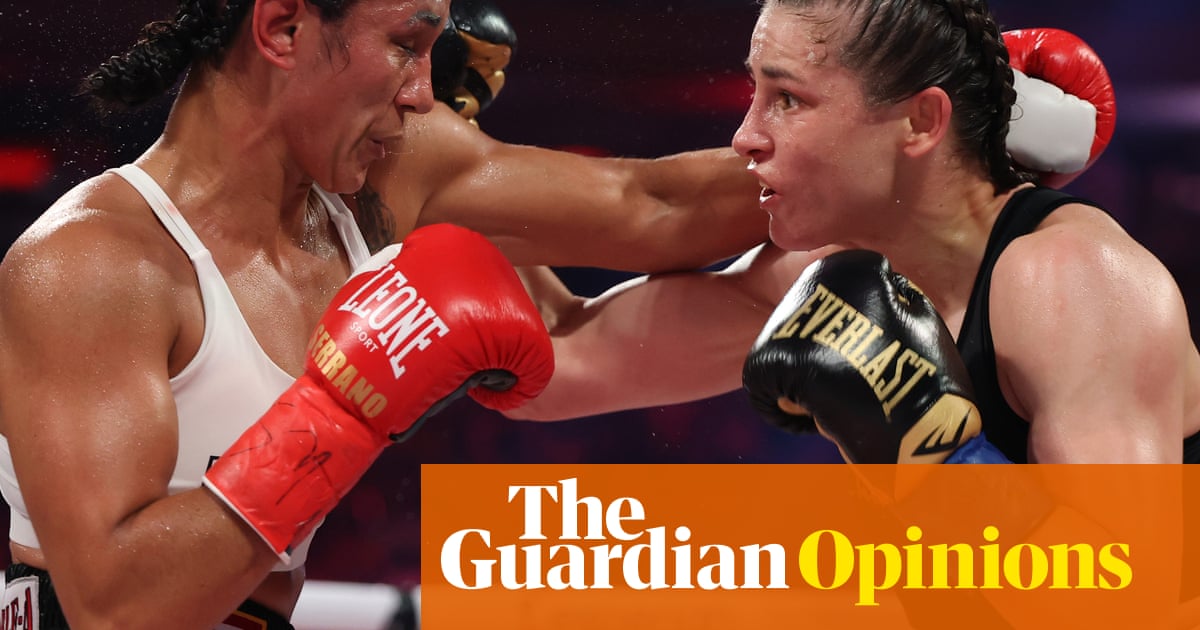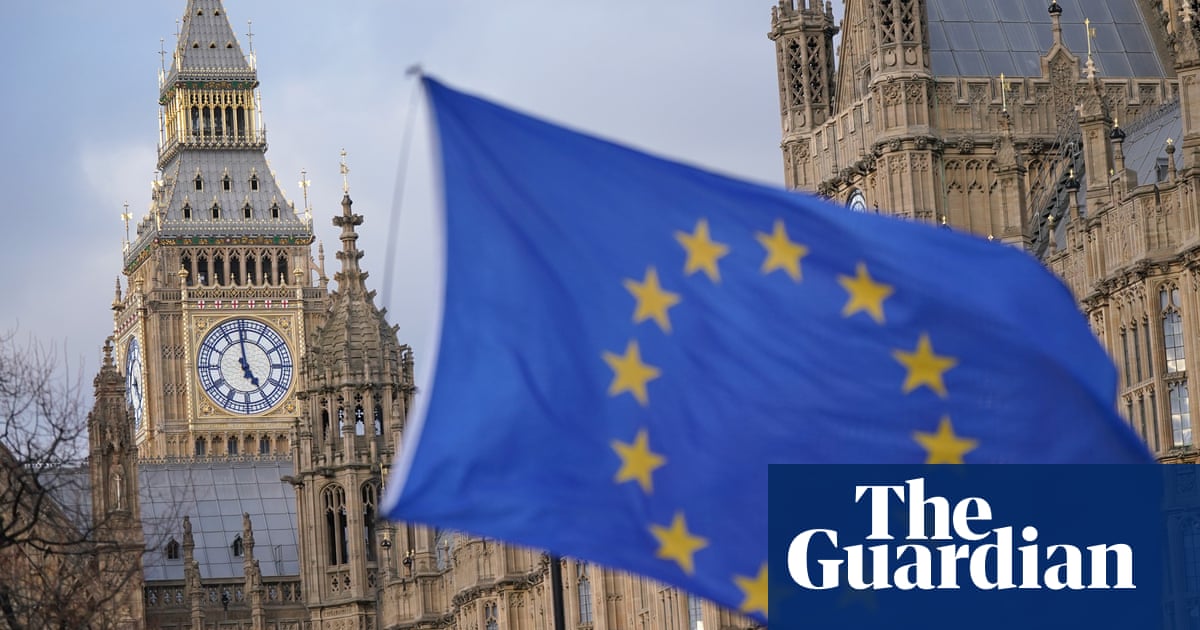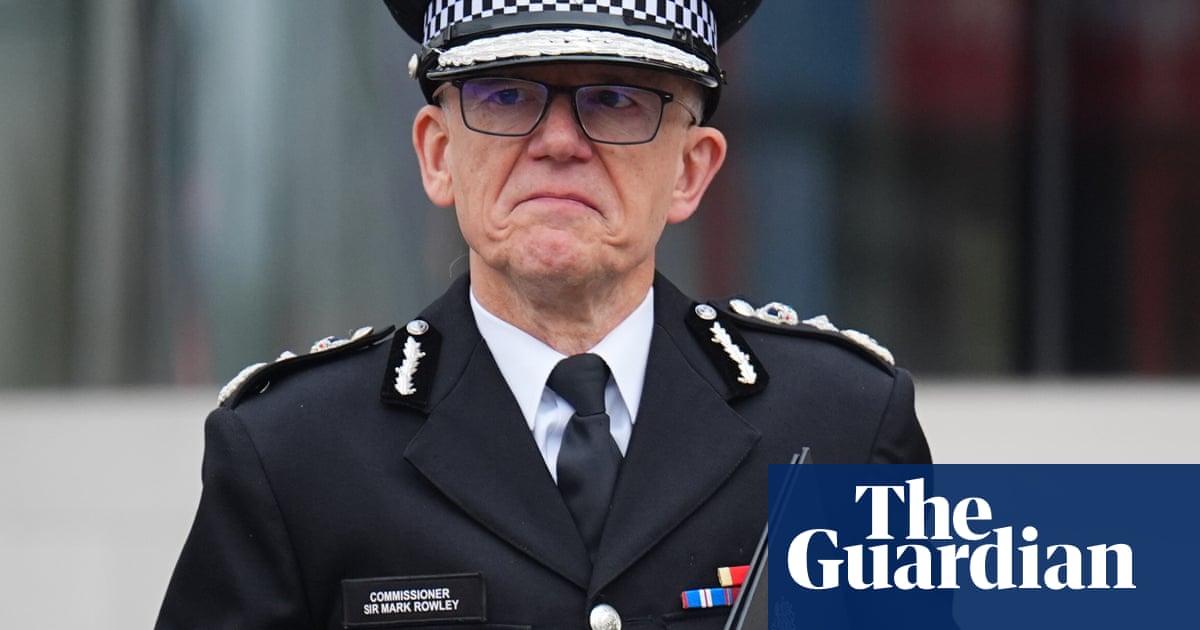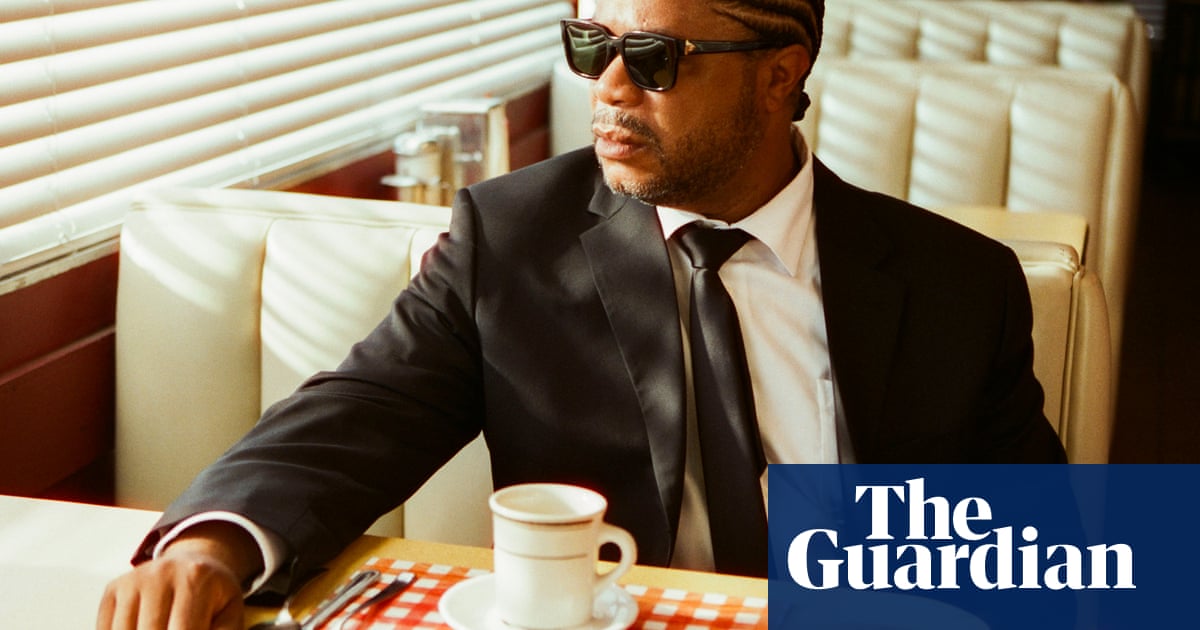For 40 cruel and bloody months, Ukraine has fought the Russian invader. Since February 2022, when Moscow’s full-scale, countrywide onslaught began, its people have faced relentless, devastating attacks. Tens of thousands have been killed or wounded, millions have lost their homes. Ukraine’s industries, shops, schools, hospitals and power stations burn, its fertile farmlands are laid waste. Its children are orphaned, traumatised or abducted. Despite repeated appeals, the world has failed to stop the carnage. And yet Ukraine, outnumbered and outgunned, has continued to fight back.
Ukrainian heroism amid horror has become so familiar, it’s almost taken for granted. But as Russia’s president, Vladimir Putin, escalates the war, raining nightly terror on Kyiv and other cities using record waves of armed drones, as US support and peace efforts falter, and as Ukraine’s overstretched frontline soldiers face exhaustion, such complacency looks increasingly misplaced. A no longer hypothetical question becomes ever more real and urgent: what if Ukraine falls?
Answer: Ukraine’s collapse, if it happens, would amount to an epic western strategic failure matching or exceeding the Afghanistan and Iraq calamities. The negative ramifications for Europe, Britain, the transatlantic alliance and international law are truly daunting. That thought alone should concentrate minds.
It has been evident since the dying days of 2023, when its counteroffensive stalled, that Ukraine is not winning. For most of this year, Russian forces have inexorably inched forward in Donetsk and other eastern killing grounds, regardless of cost. Estimated Russian casualties recently surpassed 1 million, dead and wounded. Still they keep coming. While there has been no big Russian breakthrough, for Ukraine’s pinned-down, under-supplied defenders the war is now a daily existential struggle. That they manage to keep going at all is astonishing.
How much longer Ukraine can hold the line, on the battlefield, in the skies, and diplomatically and politically, is in serious doubt. It is short of manpower, ammunition and interceptor missiles. It can still strike back hard. Its occupation of Russia’s Kursk region, and last month’s destruction of strategic bombers based deep inside Russia, were remarkable. But such temporary successes do not alter the basic imbalance of power or general direction of travel.
Increasingly, too, Ukraine is short of reliable friends, though maybe that has always been the case. Putin has assembled his own “coalition of the willing” – China, Iran, North Korea and others – to support his war machine. The west’s equivalent, led by Britain and France, is in limbo. Deployment of a military “reassurance force” cannot proceed. Due to Putin’s intransigence and Donald Trump’s incompetence, there is no ceasefire to uphold and none in prospect.
Speaking in London last week, France’s president, Emmanuel Macron, and Britain’s prime minister, Keir Starmer, regurgitated familiar pledges of unflinching support. That’s easy. Effective military assistance is harder. Like other European countries, the UK and France lack the advanced weapons and materiel, in the quantities required, that only the US can supply.
Attempting to fill the gap, Friedrich Merz, Germany’s chancellor, proposes to buy US Patriot batteries and gift them to Kyiv. Yet like the EU as a whole and last month’s Nato summiteers, Merz’s priority is national self-defence. As he measures out missiles for Ukraine, he’s trebling Germany’s defence spending. The UK is doing much the same.
Trump, the US’s surrender monkey, remains Kyiv’s biggest diplomatic headache. His lopsided 30-day ceasefire plan was rejected by Moscow, his proffered US-Russia commercial deals spurned. After months of slandering Ukraine’s president, Volodymyr Zelenskyy, and sucking up to Putin, the “very stable genius” has concluded the Russian leader, an indicted war criminal, talks “bullshit” and cannot be trusted. Well, fancy that.
Trump now says he will resume limited supplies of defensive weapons to Kyiv and may back additional sanctions. But this is not about policy or principle. His ego is damaged. His feelings are hurt. One flattering word from his smirking Kremlin bro could turn him around in a flash. Like all bullies, Trump instinctively favours the stronger party. Little wonder Putin calculates he can wear down Ukraine, outlast the west and win the war.
All is not lost. With or without Trump, Nato could take a tougher line, as repeatedly urged here, by imposing air exclusion zones over unoccupied Ukraine and targeting incoming missiles and drones. The military position is clearcut, the legal and humanitarian case is unassailable. Russia frequently infringes the sovereignty of Nato neighbours. Putin’s attempts at nuclear blackmail, which so unnerved Joe Biden, are contemptible. If it only had the balls, Nato could put him back in his box.
Failing that, new US and EU sanctions targeting Russian oil exports should be imposed without further delay. Billions of Kremlin dollars held by western banks should be expropriated to pay for arms and reconstruction. Fence-straddlers such as India that refuse to sanction the Kremlin and profit from the war should be invited to read the European court of human rights’ shocking new report on Russian war crimes savagery – and told to pick a side.
Two outcomes now seem most probable: a stalemated forever war, or Ukraine’s collapse. Defeat for Ukraine and a settlement on Putin’s hegemonic terms would be a defeat for the west as a whole – a strategic failure presaging an era of permanent, widening conflict across all of Europe. For Russians, too, neither outcome would constitute lasting victory. Greater efforts are needed to convince Russia’s politicians and public that this war, so costly for their country in lives and treasure, can be ended through negotiation, that legitimate security concerns will be addressed, that the alternatives are far worse.
But first, they must give him up. The chief architect of this horror, the principal author of Russia’s disgrace, must be defanged, deposed and delivered to international justice. Putin, not Ukraine, must fall.
-
Simon Tisdall is a Guardian foreign affairs commentator

 7 hours ago
3
7 hours ago
3


